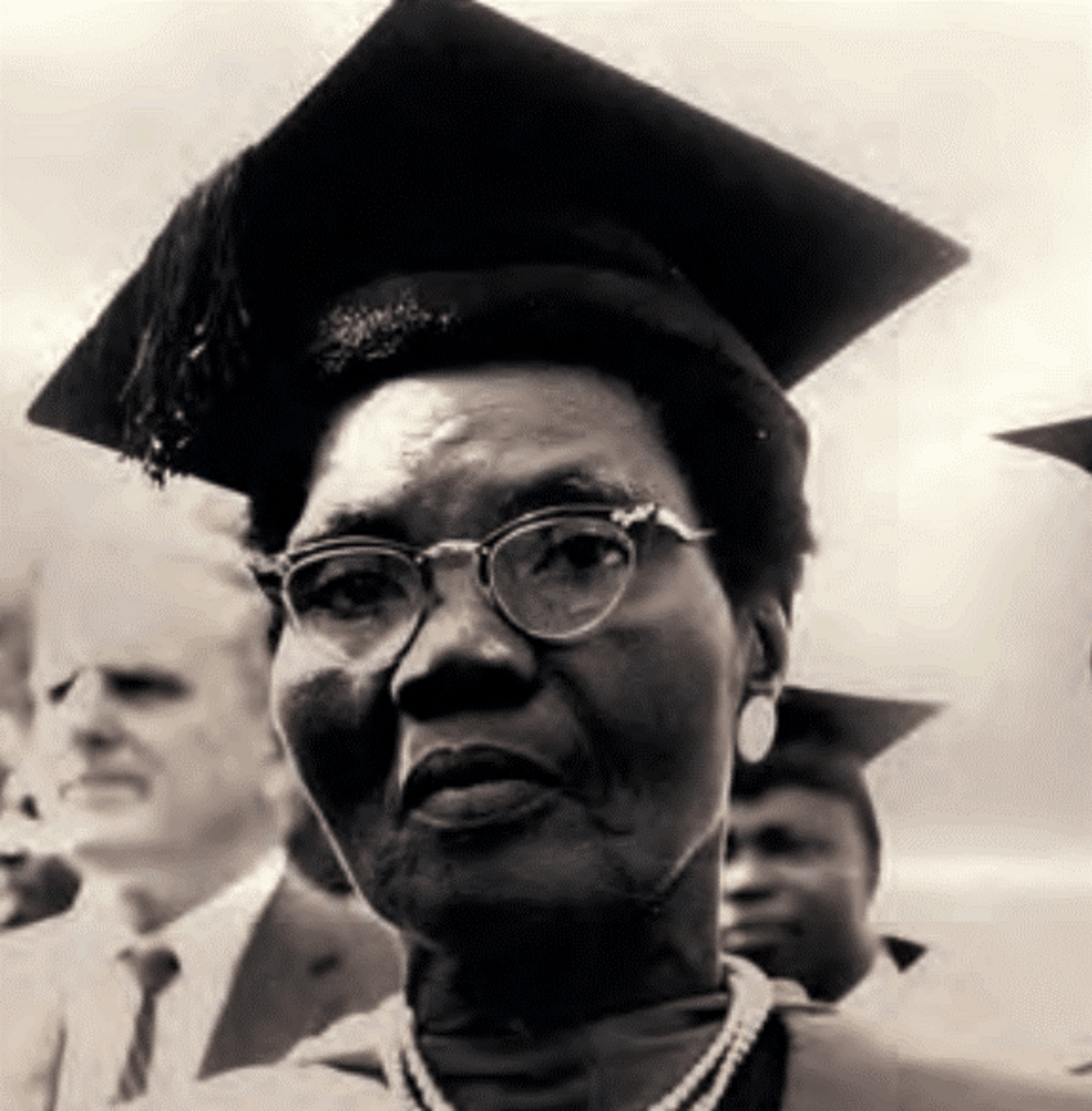On Nigerian roads today, the number of women driving cars is uncountable. Not only do women drive cars now, but they also use the best cars. However, this was not the case at first. Nigerian men used to be the ones who drove cars many years ago. Long before women began to own and drive cars, several men had automobiles. It all started with a single woman. She was the first woman in Nigeria to drive a car, paving the way for other women to pursue the coveted title of a car driver.
The first woman to drive a car in Nigeria was Chief Fúnmiláyọ Ransome Kuti. Chief Fúnmiláyọ Kuti was a teacher, a political campaigner, a women’s rights activist and a traditional aristocrat. Fúnmiláyọ Ransom Kuti’s political activism led to her being described as the doyen of female rights in Nigeria and “The Mother of Africa.” She was dubbed “Lioness of Lisabi” for her political activism in Nigeria. Her contributions and legacy, like those of many other female leaders, have been overlooked. She has served as a source of motivation and mouthpiece for the less-privileged, especially the Nigerian Women.
Table of Contents
Fúnmiláyọ Ransome Kuti Contribution to Women’s unity and Progress
Chief Fúnmiláyọ Ransome-Kuti founded the Abeokuta Ladies Club (ALC) in 1932, fostering unity among educated women and poor market workers and establishing the first adult education programs for Nigerian women. The Abeokuta Women’s Union, renamed in 1946, had 20,000 people and advocated for healthcare, social services, and economic opportunity. Ransome-Kuti and her supporters were imprisoned in 1947 for protesting against the unfair treatment of women. They also led the charge to depose a corrupt local leader.
6 Facts about the first woman in Nigeria to drive a car
Here are some interesting facts about chief Fúnmiláyọ, Nigeria’s first female driver!
- She visited the former Soviet Union, China, and Hungary before Nigeria’s independence.
- In 1956, the government refused to renew her passport because they believed she was trying to influence Nigerians, particularly Nigerian women, with communist policies and ideas.
- She was one of the delegates who met with the British government to discuss Nigeria’s independence.
- She was awarded the Lenin Peace Prize by the Soviet government, given to deserving persons and non-Soviet citizens who supported the Soviet Union.
- She was a world traveler who had visited many countries before her death. The American government denied her visa because she was suspected of being a communist.
- On February 18, 1977, a group of 1,000 soldiers stormed a Lagos compound that belonged to Fela Kuti, a well-known Afrobeat musician and vocal critic of Nigeria’s military government. Funmilayo Ransome-Kuti was thrown from a second-story window known as the Kalakuta Republic during the raid. She suffered injuries from which she never fully recovered, and she died on April 13, 1978, at the General Hospital in Lagos.
Fúnmiláyọ Ransome-Kuti’s decision to include market women in her movement is a powerful reminder of the importance of a gender-equality approach that recognizes intersectionality. She inspired an entire generation to fight for a more equitable future and never look down on oneself by recognizing that humans could not achieve progress through elitist means.
3 Quotes of Funmilayo Ransome Kuti
1.As for the charges against me, I am unconcerned. I am beyond their timid lying morality and so I am beyond caring.
2. The true position of Nigerian women had to be judged from the women who carried babies on their back and farmed from sunrise to sunset, not women who used tea, sugar and flour for breakfast..
3. You may have been born, but you were not bred! Would you speak to your mother like that?


One of the great women that left a good legacy
Wow………… Nice write up
Wow! Great insight into Funmilayo Ransome kuti’s life! Big ups
this is nice….learnt something new.
Wow!!! Great work.keep it up
Interesting
Amazing
We must continue to write our own narrative about our history, origin, and love for those who sacrificed their lives for freedom and humanity. This is a great article about a hidden hero we must celebrate and remember.
Thank You.